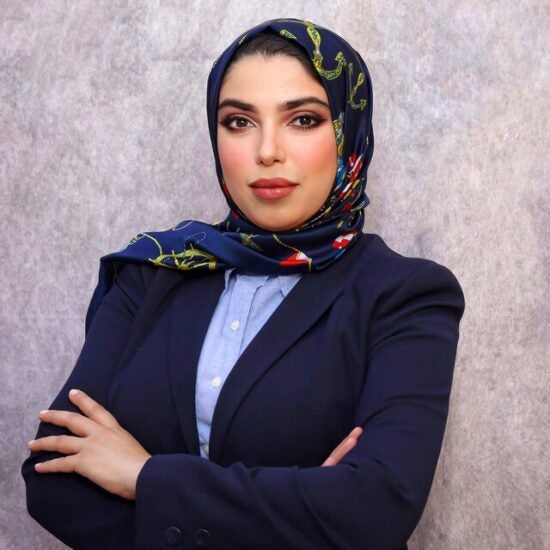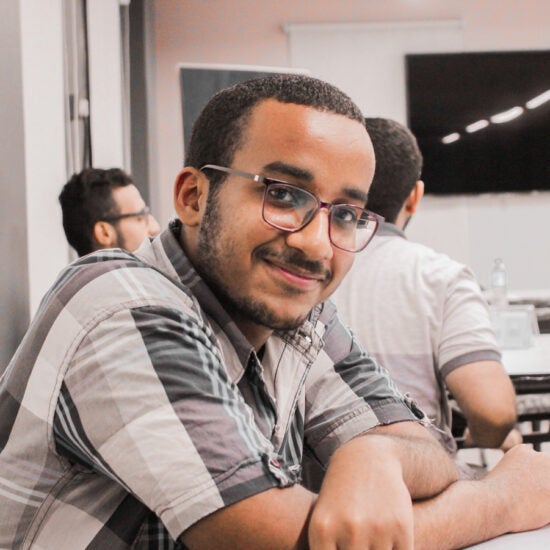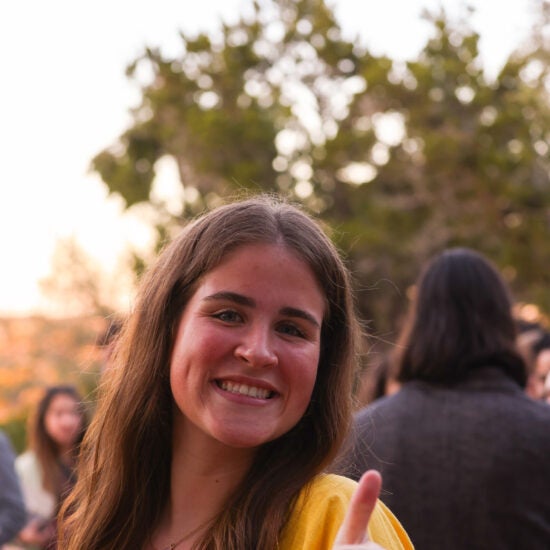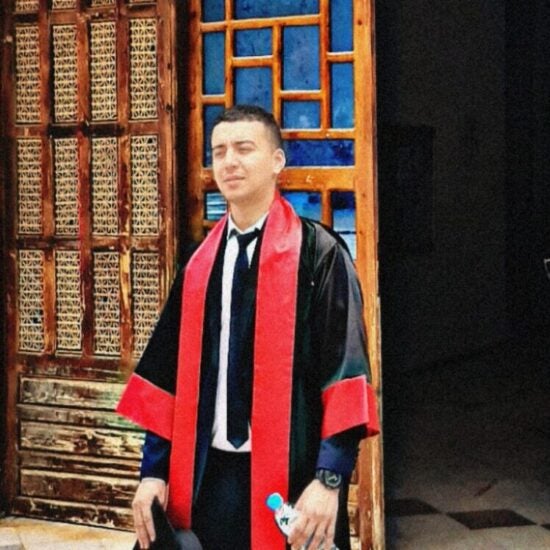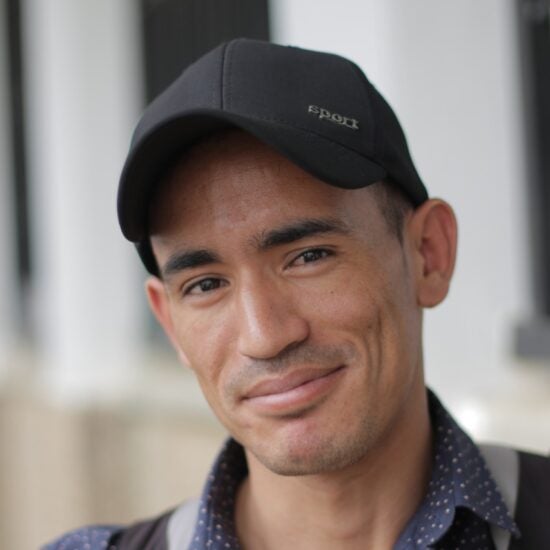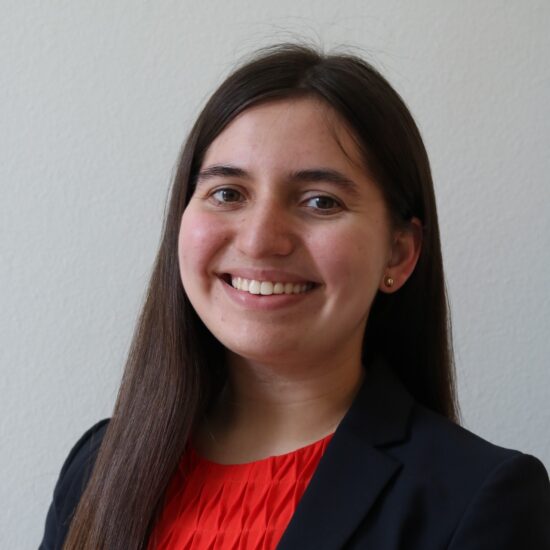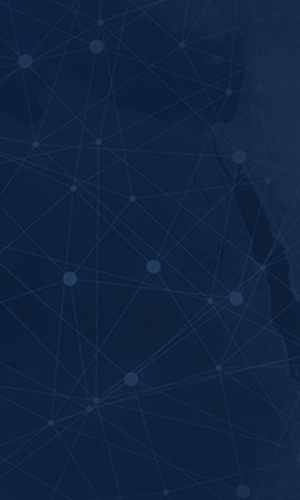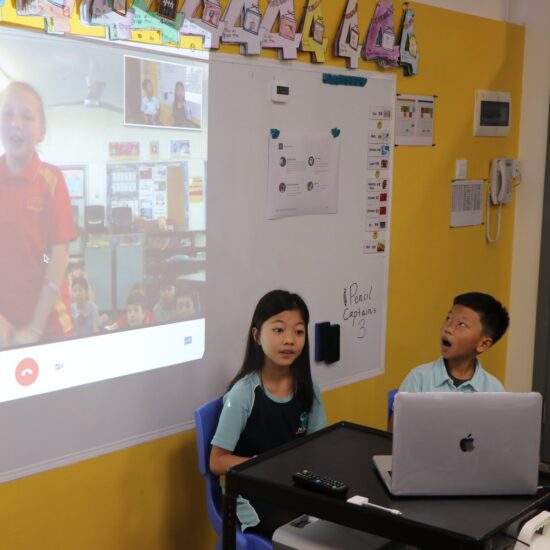When was the last time you challenged your value systems and views to consider how empathy can make you a better leader? In summer 2021, students from universities in Lebanon, the United Arab Emirates, and the United States discovered each other and came to understand more about each other’s views and opinions. “One thing I have learned from this class is that even when we think we are open minded and accepting of others, we still have biases,” said Alfa, a theology student from the Baptist University of the Americas in San Antonio, Texas.
The ACT Project called on these students to (A)cknowledge their own biases, (C)hallenge the reasons behind those biases, and (T)ransform themselves into empathetic leaders equipped to bring about mutual understanding and change the world. “I joined the ACT Program because I was really excited to get a new experience and make new friends. I looked forward to learning more about the dynamics of leadership in today’s world. I ended up gaining so much more,” said Mohammad, an electrical engineering student at the American University of Ras Al Khaimah in the United Arab Emirates. “I made new friends, but I also learned about empathy in a way which I had never envisioned. I learned that leadership requires that we understand the views and opinions of others. I learned that understanding others starts with understanding ourselves.”
Through guided discussions, implicit and external biases were examined and challenged, and program participants began the journey towards empathetic leadership and embracing the importance of unity in today’s global culture. By challenging their own value systems, participants reached a greater understanding and appreciation of the value systems of others. What began as a simple digital exchange became so much more as participants investigated the vital role that empathy plays in bringing people together. “Because of this ongoing dialogue with my friends from across the world, I have come to understand more about my own biases and the factors that drive them so that I can avoid repeating them. By learning more about myself, I am able to understand more about others,” said Alfa.
The virtual journey culminated with case studies designed to help participants understand what practices made an identified group of empathetic leaders successful. “By challenging my own value systems, I am able to reach a greater understanding and appreciation of the value systems of others, making me a more effective leader,” said Alfa.
The virtual journey culminated with case studies designed to help participants understand what practices made an identified group of empathetic leaders successful. “By challenging my own value systems, I am able to reach a greater understanding and appreciation of the value systems of others, making me a more effective leader,” said Alfa.
Not only did the participants learn the importance of empathy as a part of global leadership, but they were also forever changed. “Being in a class with such diversity has many advantages: knowing new people, communicating with people from different backgrounds and different cultures, and understanding the value systems of people from around the world. It was an amazing experience,” Mohammed said. “Above all, I learned that it is what we choose to do that matters. We must choose to be agents of mutual understanding and unity.”

